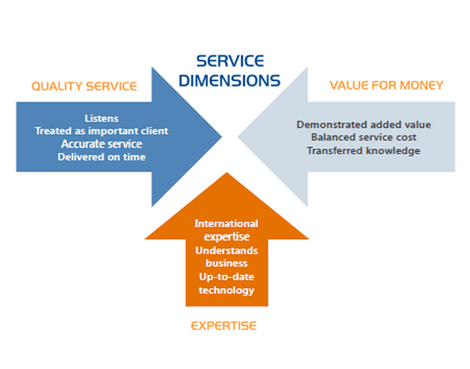Factor analysis in marketing research aims to describe a large number of variables or questions by using a reduced set of underlying variables, called factors.
What is factor analysis in marketing research?
Factor analysis explains a pattern of similarity between observed variables. Questions which belong to one factor are highly correlated with each other; unlike cluster analysis, which classifies respondents, factor analysis groups variables.
There are two types of factor analysis in marketing research: exploratory and confirmatory. Exploratory factor analysis is driven by the data, i.e. the data determines the factors. Confirmatory factor analysis, used in structural equation modelling, tests and confirms hypotheses.
Factor analysis in market research is often used in customer satisfaction studies to identify underlying service dimensions, and in profiling studies to determine core attitudes. For example, as part of a national survey on political opinions, respondents may answer three separate questions regarding environmental policy, reflecting issues at the local, regional and national level. Factor analysis can be used to establish whether the three measures do, in fact, measure the same thing.
It can also prove to be useful when a lengthy questionnaire needs to be shortened, but still retain key questions. Factor analysis indicates which questions can be omitted without losing too much information.



